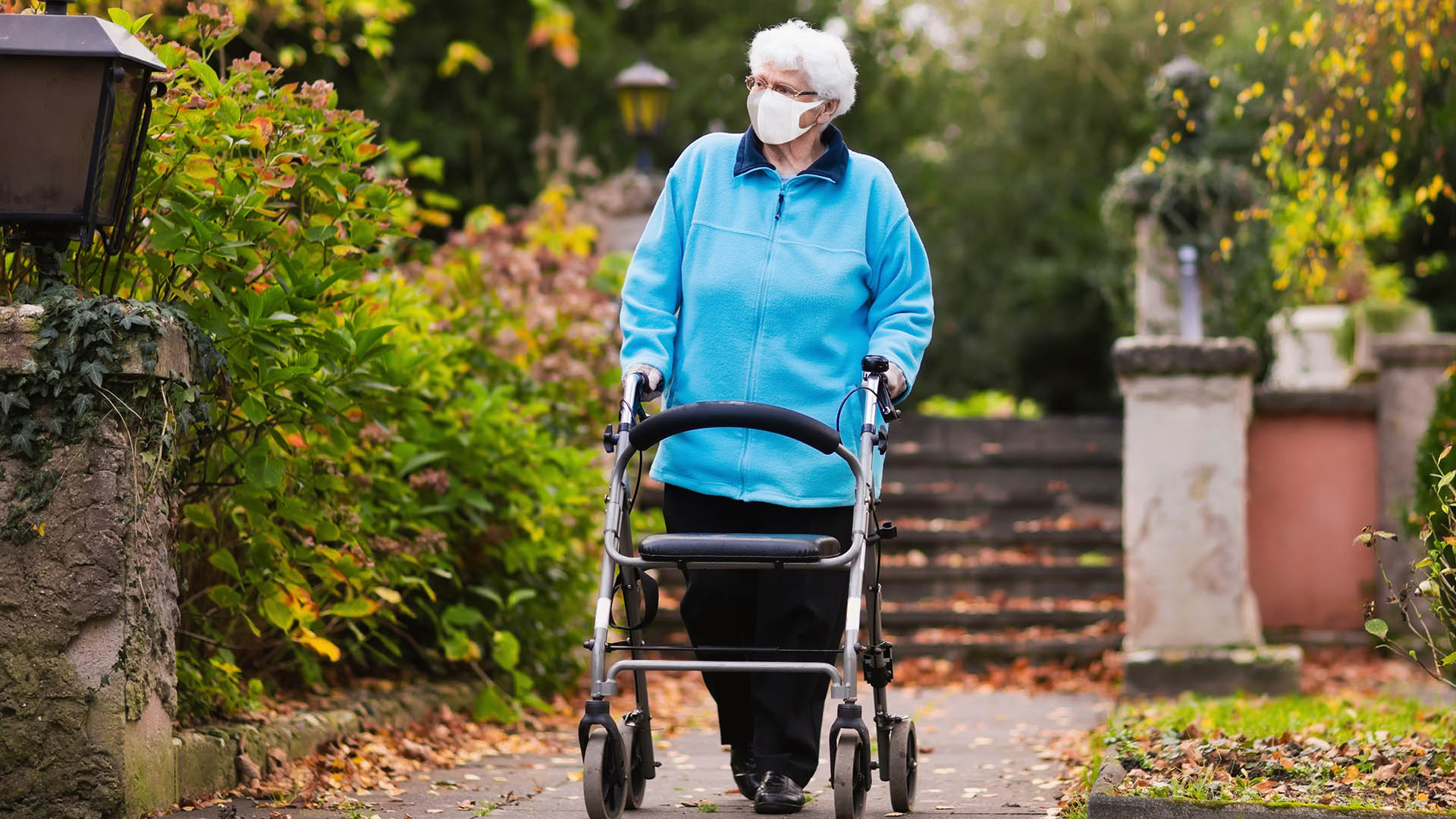Findings from South Coast study will help the elderly to remain independent in their community for longer

A University of Wollongong (UOW) research team is seeking people over the age of 65, and General Practice Nurses (GPN), to take part in a study to better understand the impact that natural disasters and COVID-19 restrictions have had on the health and self-care of older people.
The Self-Care of Older Australians project explores the self-care and GPN support of older people affected by disaster and crisis. The study focuses on bushfire-affected areas of south-eastern New South Wales, including the Shoalhaven, South Coast and Southern Highlands.
Project leaders Professor Liz Halcomb, Professor of Primary Care Nursing, and Ms Cristina Thompson, a Senior Research Fellow at the Australian Health Services Research Institute (AHSRI), say chronic health conditions, loneliness and social isolation are predictors of functional decline and premature death in older people.
"Findings from this study will enable interventions to be developed that support older people to remain independent and live longer in their local community," Ms Thompson said.
The project employs researchers from a variety of disciplines with expertise in nursing, disaster risk reduction, public health and statistics.
"Many people in our region experienced catastrophic bushfires and in some cases floods in early 2019, followed closely by the coronavirus pandemic," Ms Thompson said.
"We want to learn more about how this unique combination of events may have disrupted the ability of older people to manage their self-care and health, particularly those who are living with chronic health issues."
The team is looking for first-hand reports as to how older people managed their self-care and health during the events that occurred last year to better understand any barriers they faced to receiving primary health care.
"We already know that a key challenge for older people arising from COVID-19 has been the loneliness and social isolation that has occurred, with the necessary public health measures restricting movement and social gatherings," Professor Halcomb said.
"The challenges for older people during the bushfires included the disruption to everyday life that occurred particularly if they were forced to evacuate or leave their home.
"It is likely that some older people may have been unable to receive the usual help they may rely on from family, neighbours or community service providers and this may have had consequences for their health."

Professor Liz Halcomb, Professor of Primary Care Nursingin the University of Wollongong's School of Nursing. Picture: Paul Jones, UOW
GPNs are well positioned within community settings to support older people to remain independent and healthy, yet little is known about how older people maintain self-care and connection with GPNs during periods of natural disaster and pandemic.
"We believe that GPNs have important insights and can help us understand the factors that impact the self-care of older persons living with chronic health conditions during a disaster. We would like to learn more about their views as to how GPNs can contribute to identifying and supporting the self-care of socially isolated older people in their local community," Professor Halcomb said.
The impact of COVID-19 upon primary healthcare nurses working outside of hospitals has also been challenging, as identified by recent research emerging from the School of Nursing at the University of Wollongong.
Professor Halcomb and her team are calling on volunteers over the age of 65 who live in bushfire-affected areas of south eastern NSW, and General Practice Nurses from the same region, to register their interest to participate.






